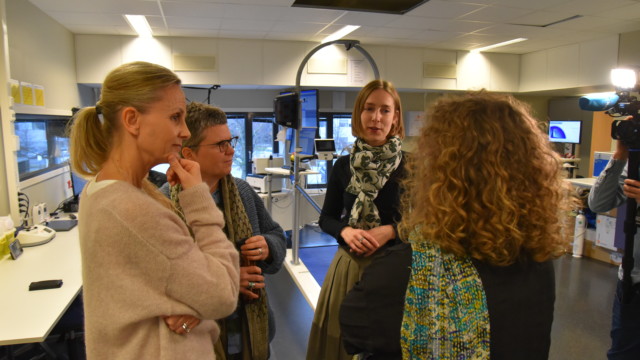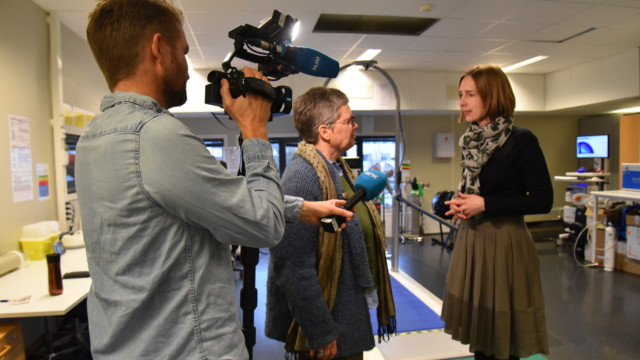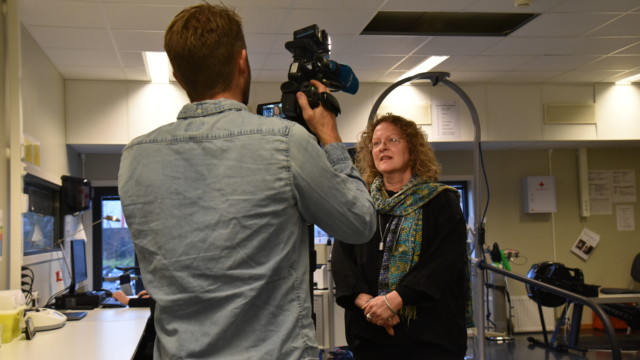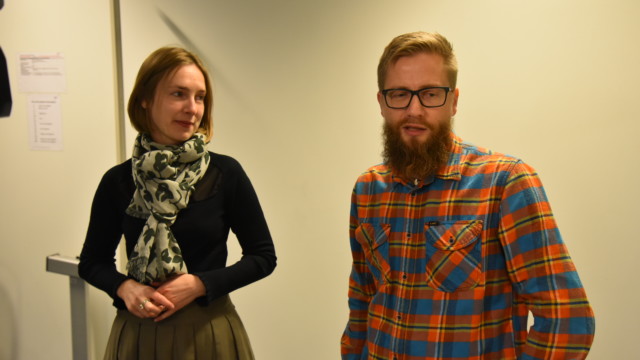Collabobrators
University of Agder
Department of Foreign Languages and Translation: Linda Wheeldon (Lead) and Allison Wetterlin
Department of Sport Science and Physical Education: Hilde Lohne Seiler and Sveinung Berntsen
University of Birmingham, UK
School of Psychology: Katrien Segaert (Lead)
School of Sport, Exercise and Rehabilitation Sciences: Samuel Lucas
Summary
In developed countries, people are living increasingly long lives but the increase in life-span is often associated with a decrease in quality of life. A major contributor to this decrease is the cognitive decline associated with normal, healthy ageing, which is characterized by slower mental functioning, reduced focus and impaired memory. Language function, a central aspect of cognition, is also affected by age. With age, language becomes slower, less fluent, and subject to embarrassing failures in word finding. Such problems have a negative effect on well-being, reducing the ability to communicate effectively, increasing social isolation and loneliness.
The project investigates two factors that might ameliorate cognitive decline in older adults: speaking a second language and regular exercise. Both have been shown to support non-linguistic aspects of cognition. However, despite its importance for quality of life, language function has received little attention in ageing research. This is of particular importance for bilinguals who, across their life span, have measurably slower and less fluent speech than monolinguals. Our research will test competing psycholinguistic theories of the bilingual disadvantage in language function, which make different predictions about the impact of healthy aging. We compare the cognitive function of young and older English monolinguals and Norwegian-English bilinguals and relate it to key aspects of language use and language proficiency. We will also run a physical activity intervention with the older adults to determine the benefits associated with increased fitness for mono- and bilinguals and measure the associated changes in brain structure and function for monolinguals. Our research will identify the key protective components of language profile and fitness allowing us to optimize our use of regular physical activity and language learning to combat cognitive decline in old age.
The FAB project will run from 2020 to 2023 and was awarded 12 000 000 NOK through the FRIPRO funding scheme for independent projects. FRIPRO is a scheme under the supervision of the Research Council of Norway and aims to provide funding for basic, ground-breaking projects.The minister for research and higher education, Iselin Nybø, visited UiA to deliver the news of the allocation of funds from FRIPRO and images from the NRK broadcast can be seen below.








